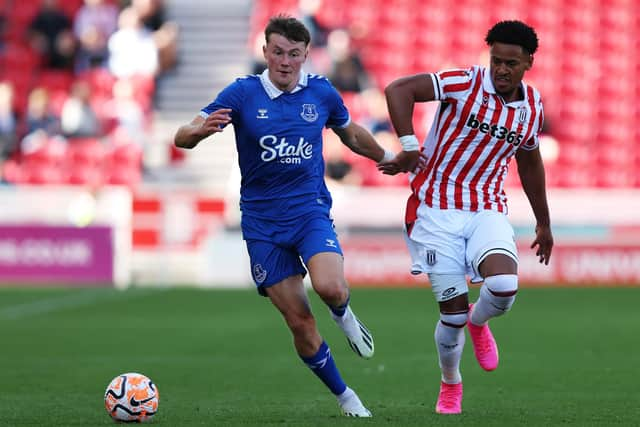Don’t bet on gambling firms exiting the football arena - Josh Botfield
The ban, which will take effect ahead of the start of the 2025-26 season, will also reduce exposure to gambling brands by some of the world’s best known football clubs. The Premier League’s decision was shortly followed by the release of the UK government’s policy paper on gambling reform, which maintained that sports’ governing bodies are best placed to drive standards in gambling sponsorship and “self-regulate” towards socially responsible sponsorship.
But the upcoming ban represents the loss of a lucrative sponsorship market for Premier League clubs. In the 2022-23 season, gambling companies were the front-of-shirt sponsor for 40 per cent of all top-flight teams. Those clubs with existing gambling sponsors will soon have to fill this gap in revenue and seek out new partners.
Advertisement
Hide AdAdvertisement
Hide AdGambling companies, on the other hand, might seek to continue to gain exposure by sponsoring Premier League clubs through alternative means – such as shirt sleeves, training kits, pitch-side advertising boards and stadium naming rights.


Many of these options, however, will be far less lucrative for clubs than front-of-shirt sponsorships. Indeed, the Scottish Professional Football League (SPFL) has already signalled that it will not introduce similar sponsorship restrictions, in recognition of the fact that it remains an important source of income for Scottish clubs.
As an alternative, gambling firms might begin to place more emphasis on sponsoring high-profile English Football League (EFL) clubs, where a front-of-shirt ban remains unlikely. It is, however, unclear how the ban will apply to EFL clubs when they win promotion to the Premier League. If there is no exception for promoted clubs that have existing front-of-shirt sponsorship deals with gambling companies, these clubs will need to ensure that their contracts allow them to terminate their arrangements at short notice.
Despite the upheaval that the ban is certain to cause, however, some have argued that self-regulation does not go far enough to tackle the relationship between football and gambling – particularly as the prohibition agreed by the Premier League is limited to front-of-shirt sponsorship only. In a recent House of Lords debate, for example, considerable disappointment was expressed that there are currently no plans to ban or restrict gambling advertising outright.
Baroness Bakewell told peers that gambling advertising on television and radio “continues unabated” and remains “virtually impossible to avoid”. Lord Foster added that there was clear evidence that advertising leads people to start gambling, and said other countries were taking action to restrict gambling marketing. “The majority of the British public want us to do the same. Why is more not being proposed in this country?” he asked.


At the same time, some Premier League clubs show no signs of distancing themselves from front-of-shirt gambling sponsors yet. Despite the upcoming ban, a number have already announced new multi-year sponsorship deals with gambling firms. Whatever else the ban might bring, it is clear that clubs still see gambling companies as a lucrative source of revenue – one that they appear set to capitalise on right up until the deadline.
Josh Botfield, Associate, Pinsent Masons
Comments
Want to join the conversation? Please or to comment on this article.